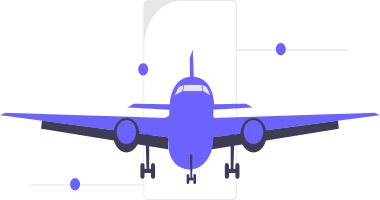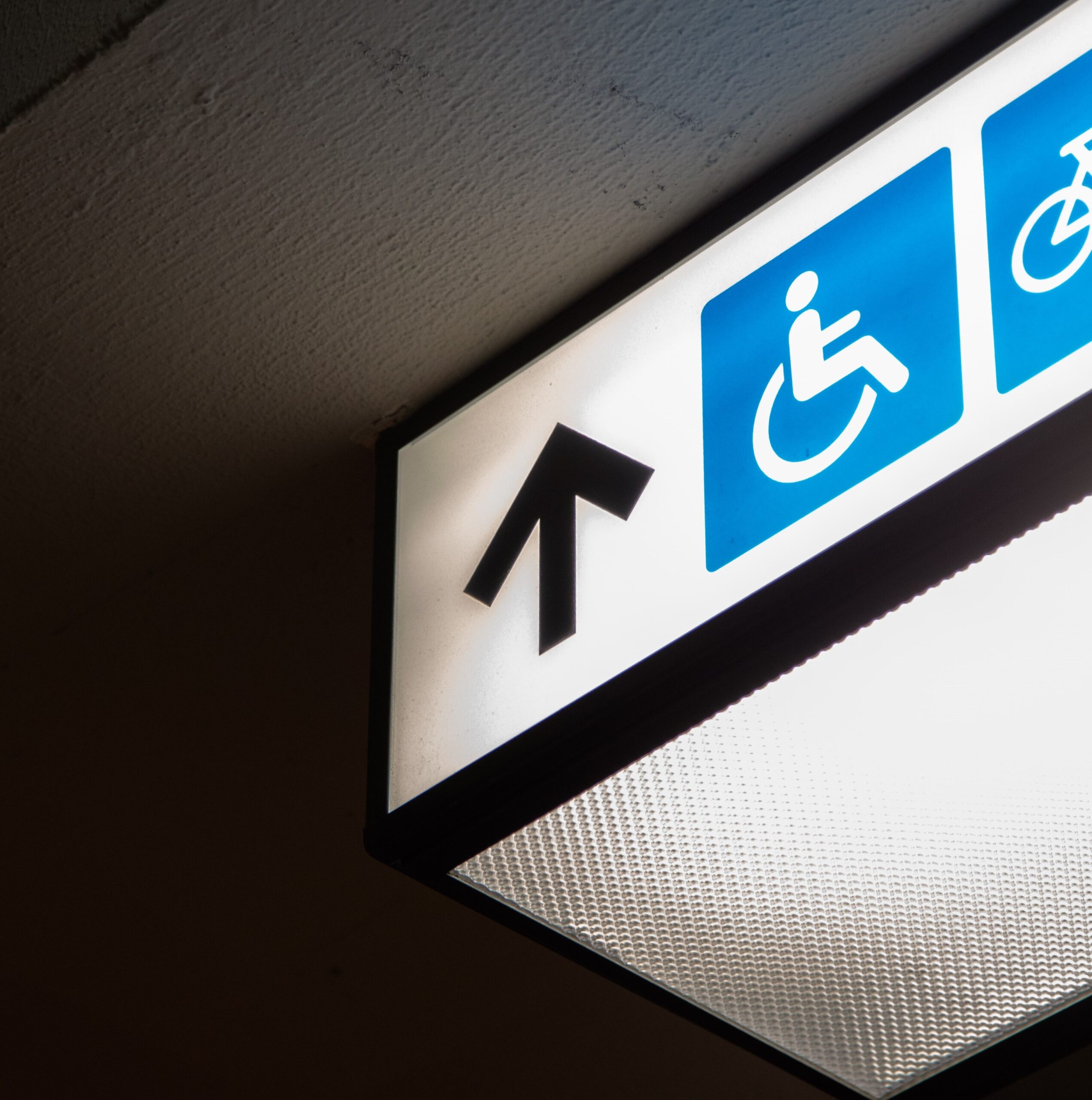Discover the Sectors
At Passepartout Training, we are proud to serve a diverse range of industries within the transport sector. Our expert-led courses are designed to address the specific needs and challenges associated with each industry, ensuring relevant and impactful training.
SECTORS
The Sectors

Aviation Industry
In the aviation industry, PRM assistance involves a broad range of activities, from managing PRM-specific check-in and facilitating airport navigation to providing aircraft boarding assistance and baggage handling.

Travel Agency
Travel agencies hold a crucial role in ensuring seamless journeys for Passengers with Reduced Mobility (PRMs). With a well-informed approach, travel agencies can be pioneers in fostering accessibility and enhancing travel satisfaction for all.

Railway Industry
The railway transport can present unique challenges when assisting PRMs. Our training for this sector covers crucial aspects such as facilitating easy boarding and disembarking, handling crowded environments, managing PRM seating, and ensuring the comfort and safety of PRMs during the journey.

Maritime Industry
For passengers travelling by sea and inland waterways, PRM assistance extends beyond simple boarding and disembarking procedures. It involves understanding the nuances of assisting PRMs in challenging environments such as narrow passageways, stairways, and onboard facilities like cabins, dining areas, and entertainment venues.
Challenges
Common Challenges Across Industries
Passenger carriers, regardless of the sector – whether aviation, sea or rail – face a host of challenges in seeking appropriate service to passengers with reduced mobility (PRMs). As the world moves toward inclusivity and accessibility, it’s important for companies to understand regulations and passenger needs to ultimately provide quality service.
EU population above 64 years old
- 2022 21%
- 2030 24%
- 2040 28%
- 2050 30%
Growing PRM Numbers
The sector passenger transport is witnessing a surge in the number of Persons with Reduced Mobility. This can be attributed, among other things, to the ageing population, as there’s a strong correlation between age and disability. And currently, approximately 10% of the EU population has some form of disability, making it necessary to meet the requirements of the legislation and provide the assistance the PRM needs.
Complex Legislation
Navigating the intricate web of legislation for PRMs can be challenging. It’s crucial to know the rights of passengers and potential risks. There are differences between various regulations, especially concerning pricing and the very definition of a PRM assistance. Staying informed and updated is key to ensuring compliance and understanding.


Direct Effect on Operations and Infrastructure
PRMs have a direct influence on passenger transport. This includes the need for different processes, KPIs, and training requirements. Additionally, infrastructure adaptations like wayfinding, communication tools, and specialized facilities are essential to provide the right assistance to PRMs.
Importance for Customer Satisfaction
Ensuring a seamless experience for PRMs is not just about compliance; it’s about customer satisfaction. Mistakes or oversights can significantly impact a customer’s experience, leading to negative feedback and the risk of bad press. Prioritizing PRM needs is essential for maintaining a positive brand image.

Book A Course Today!
Don’t miss the opportunity to elevate your skills and knowledge with our specialized PRM courses. Contact us today and take the next step in improving accessibility for all!
